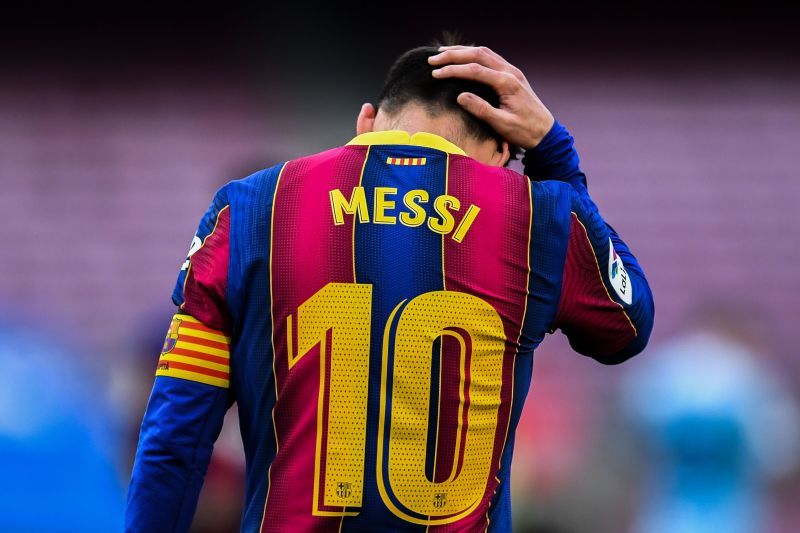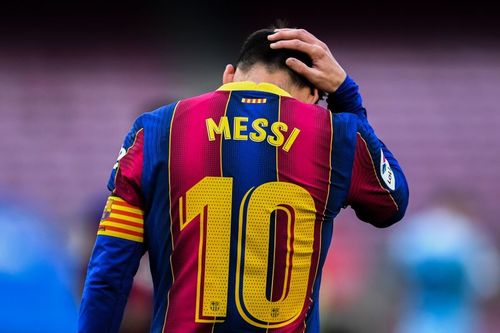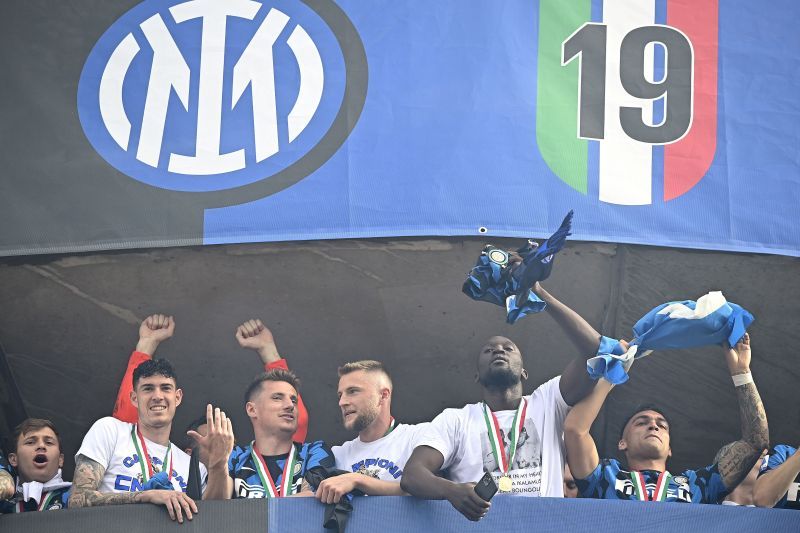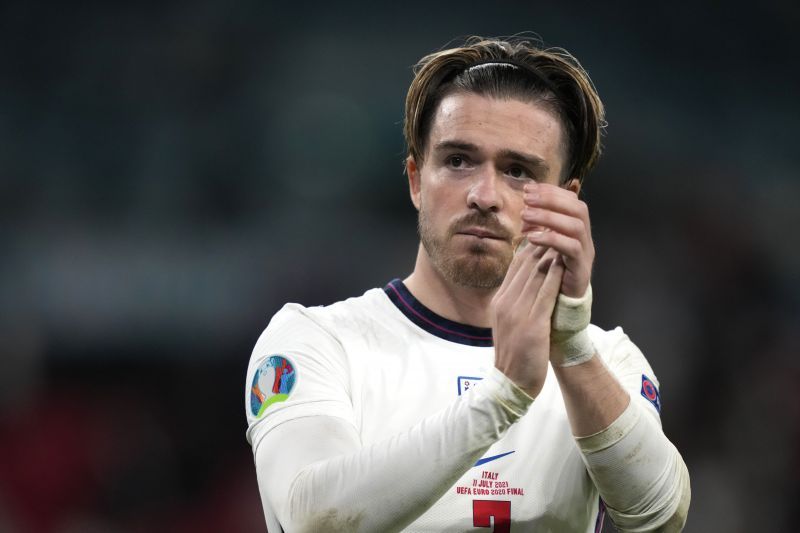
Is this the end of European football?

Earlier this year, the announcement of the Super League sent shock waves around the world. The announcement was met with justified criticism - the closed invite nature of it, in particular, was problematic.
However, it seems they may not have been wrong about everything. One point was repeatedly reaffirmed by senior officials from many of the European clubs involved - and that was, "football can't survive without this change."
This was initially met with skepticism. But now, fast-forwarding to the summer, they may have already been proved right.
The growing gap in wealth between English clubs and European clubs seems to have been the primary driving force behind the super league. It's no secret the growing wealth gap between the Premier League and other leagues has been a growing concern for Europe's elite clubs.
The current summer transfer window will have done nothing to diminish those fears. In fact, it has proved the gap has never been wider.

In a year ravaged by Covid, many of Europe's clubs have been left in financial turmoil - and the big clubs have been no exceptions. The latest bombshell in the football world is Barca's recent announcement that they will be unable to renew superstar and club icon, Lionel Messi.
The rest of Europe seems to be fairing no better either. Newly crowned Serie A champions Inter Milan have seen what should've been a summer of triumph turned into a nightmare, with much of their title-winning squad being sold-off in a desperate attempt at financial security.
Their nearest challenger for most of that season and local rival, AC Milan don't find themselves much better off. So far, the red half of Milan have had to limit their summer activity to making some loan deals permanent and a $900k move for Oliver Giroud.
Even Serie A's giant of recent times Juventus are feeling the effects, so far making no notable signings and being forced into embarrassingly long negotiations for Locatelli - with the Turin giant forced to look for complicated financial workarounds such as an initial loan and staggered payments.

This European misery comes in stark contrast to the scenes in the Premier League - where clubs are seemingly flying high and spending freely. Manchester City have spent £100m on Jack Grealish, a player who won't even necessarily be a starter.
They're also reportedly eager to sign England captain, Harry Kane, for another sizable fee in excess of £120m.
The spending spree isn't limited to City either, with Chelsea reportedly close to securing Inter Milan's star man, Romelu Lukaku, for more than $100m. City's local rivals, United, haven't been afraid to splash the cash either, signing both Jadon Sancho and Varane for a combined amount of more than £120m.
It's becoming clearer by the day that Europe's top clubs will become more and more left behind without change, with some even struggling to stay afloat. We've reached the point where even ambitious midtable Premier League clubs can seemingly outspend former European royalty.
While many were sceptical of the Super League, the alternative seems far worse - a Champions League where European clubs get completely left behind and it merely becomes "which English team wins it this year."
We've already seen the beginning of this with heavily English dominated latter stages of the Champions League. And unlike when La Liga had a similar dominance in Europe, this will likely be much more permanent due to its financial nature.
In conclusion, whether it's the Super League or something else, something needs to change or this may be the end of European football as we know it.